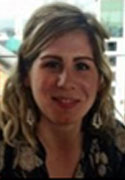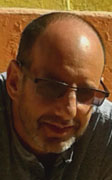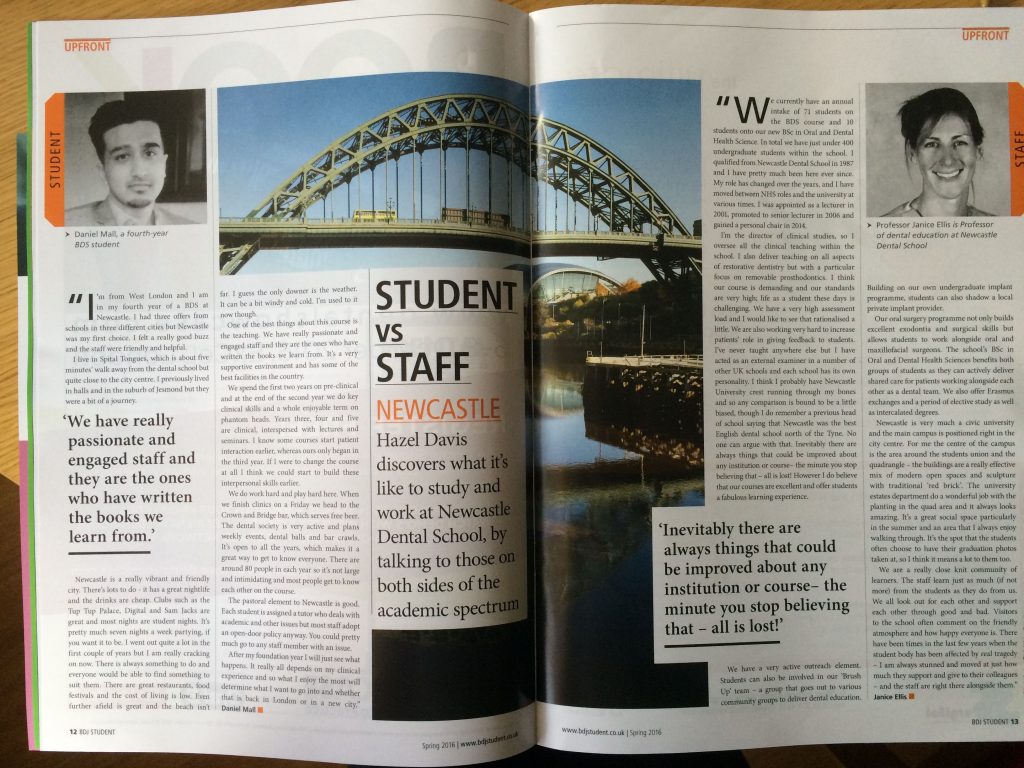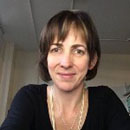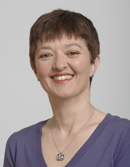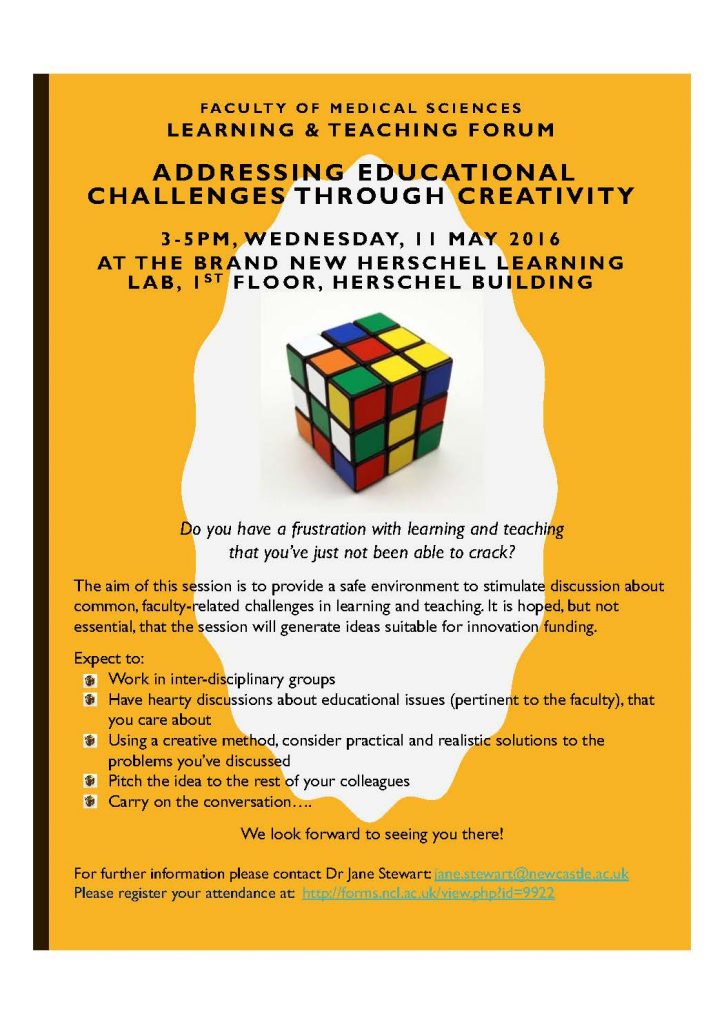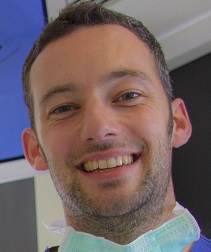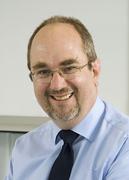 We are approaching the end of another academic year and the programme of events and activities for the ERDP Unit. So, first of all I would like to thank everybody who has contributed to our events programme through presentations at Journal Clubs, presenting at or helping to organise Faculty Learning and Teaching Fora or in any other ways including simply attending events. The strength of the Unit is very much dependent upon the contributions from its members and I am pleased that people are so willing to give up time to contribute to or help organise events and also that attendance at our events remains so strong. Next year sees the introduction of a new series of seminars organised by Jane Stewart “What I mean when I say”. These seminars promise to be engaging with plenty of active discussion. If you have ideas for future topics Jane will be pleased to hear from you.
We are approaching the end of another academic year and the programme of events and activities for the ERDP Unit. So, first of all I would like to thank everybody who has contributed to our events programme through presentations at Journal Clubs, presenting at or helping to organise Faculty Learning and Teaching Fora or in any other ways including simply attending events. The strength of the Unit is very much dependent upon the contributions from its members and I am pleased that people are so willing to give up time to contribute to or help organise events and also that attendance at our events remains so strong. Next year sees the introduction of a new series of seminars organised by Jane Stewart “What I mean when I say”. These seminars promise to be engaging with plenty of active discussion. If you have ideas for future topics Jane will be pleased to hear from you.
Another way members of the Unit have been contributing is by sending us well-framed and focussed applications for funding from our ERDP small grants scheme. We were very pleased at the high standards of the applications received in the last round and look forward to hearing from the successful applicants as they progress their projects. We were also pleased to be able to fund requests for funding for Study Visits including requests for travel to Complutense University, Madrid Dental School and Harvard Medical School and we wish all our Study Visit applicants fruitful and stimulating trips.
As you can see from other reports in this newsletter projects already funded are starting to bear fruit. We do encourage successful applicants to disseminate the results of their work in appropriate ways. This could simply be by presentation at a local event but it could also involve presentation at external events or through publication and we are very keen that applicants take every opportunity to publish externally. This will help you by telling the outside world what you are doing, helping you to develop external learning and teaching networks and it will also raise the profile of the Faculty as a centre of teaching excellence. Several people have sent us details of recent publications and I would ask everybody who succeeds in getting work published in L&T Journals to let us know so that we can showcase your work. Just send the details to fms.educational.research@newcastle.ac.uk.
We are also approaching the time of summer conferences and so if you are going to any event this summer and can spare the time please write us a short meeting report highlighting what you felt were the key contributions at your conference and what you learnt from attending.
One final point about dissemination and that is to draw your attention to the BERA blog. This is a great way to let people in the education field know about what you are doing and Rachel Lofthouse in ECLS will be glad to advise you if you are thinking of posting something here.
Let me end by wishing everybody a good summer. These days summer vacations seem to be filled with ever more activities beyond the UCAS results being announced in mid-August but I hope you will all be able to make time for enough annual leave to recharge batteries in time for the start of another academic year.
Prof Steve McHanwell, Director, FMS Unit for ERDP

